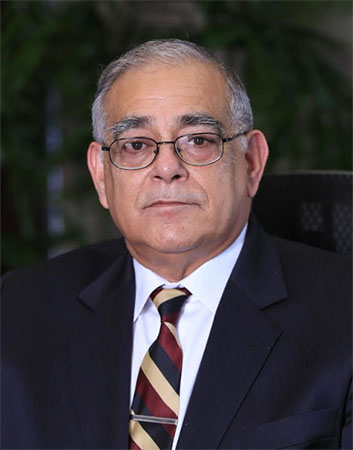
The writer is a retired Lt. General of the Pakistan Army. He is noted for his services as the Commander of I Strike Corps at Mangla & Inspector General of the Frontier Corps.
The Official Secrets Act, enacted in 1923 during the British Raj, was adopted by the newly carved out independent state of Pakistan in Aug 1947. Since then, this Act has been amended from time to time. One recalls that the day one got commissioned in the Armed Forces, the normal Standard Operating Procedure (SoP) required every officer to read this document and to certify every month that he had carried out this exercise.
Unless some sudden new amendment has been made to it, this Act nowhere bars the sharing of any foreign communication — received in any capacity — in the interest of the public or the State or otherwise as far as I can recall.
Prime Minister Imran Khan has convincingly demonstrated his popularity in recent days and weeks, and that is not even in question at this point in time. What remains a matter of concern for the nation is that despite the publically validated popularity, the PM is being ousted on a technicality, exercised in the Parliament through dubious means by getting some politicians to switch their loyalties. The point is, as being alleged, that these turncoats have been influenced on the basis of a foreign communication, designed and intended on harming the State of Pakistan.
If this be true, then the PM cannot be simply silenced on the basis of a misquoted reference form the Act. He is very much empowered and entitled to make the document public without prejudice to the Official Secrets Act as I know it to be.
The PM cannot be simply silenced on the basis of a misquoted reference form the Official Services Act. He is very much empowered to make a document public in greater national interest.
After all, he is the prime minister. If anyone has any objection to what I am saying, then he/she should refer to that portion of the Act, which bars a PM from making the content and substance of this foreign letter public.
The misquoting of the Act that is related to section 5 of the Constitution, which states ‘no document in possession of a public office holder can be disclosed to a person other than to whom he is authorized to communicate it to’, is poppycock. First it is being read out of context, and is only relevant to the internal matters of the State. It does not apply to communication between a foreign country and the State. If such information is disclosed, it is at best a violation of diplomatic norms but when diplomats threaten states, then such norms are inconsequential. Secondly, who says that the PM is not authorized to communicate the matter to his own public about a threat to national security? Who decides or interprets what is and what is not authorised?
However, the Official Secrets Act does refer to people conspiring with foreign players or external agencies against the State in no uncertain terms. It stipulates clearly that they be tried for treason. Article 5 mentions ‘loyalty to the state’ and Article 6 defines treason. Even if this is an accusation, but having been made by the prime minister, it must be thoroughly investigated before any vote of no-confidence takes place. Why are these facts being distorted? Why are people being allowed to operate against the State openly and with impunity? Who is responsible for it? Why has the Government not acted as yet? These are the questions, which all Pakistanis, particularly those at the helm of affairs must ponder.



